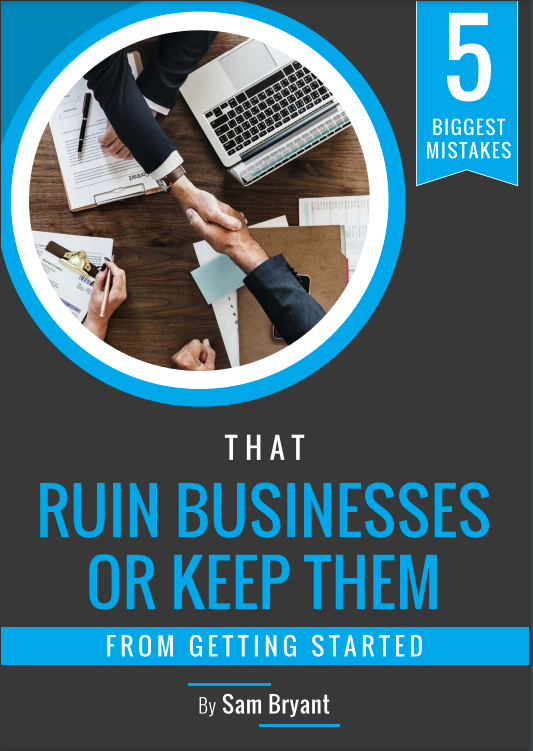The LLC may be the popular choice for many…
Have you heard of the S-Corporation (or “S-Corp” for short)? One of the first decisions many new business owners make is the type of entity to form for their business. Will it be a partnership, a corporation or a limited liability company (aka LLC)? In our experience, clients are aware of the LLC, but rarely mention the S-Corp.
There is nothing wrong with the LLC. The LLC often offers great flexibility in its formation, operation and management. As a result, it is often the entity that attorneys present to their clients looking to form a business. Although the LLC is often the best choice for new businesses (most of our clients are LLCs), the LLC should not be the only option that business owners consider when forming their businesses.
…But there may be a better choice for some
A S-Corp is a corporation that elects to be taxed under Subchapter S of the Internal Revenue Code. Traditionally, the IRS subjects corporations to double taxation—the corporation first pays taxes on its income, and then the shareholders pay taxes on the income they receive from the corporation. The S-Corp avoids this double taxation. The profit, losses and income of the S-Corp are passed through to the shareholders so the company itself does not pay taxes. As a result, the S-Corp enjoys the same tax flexibility as the LLC.
Despite this flexibility, the S-Corp is still a corporation. Therefore, it is subject to the state laws and regulations that apply to all corporations. For example, the S-Corp must elect a board of directors and keep records of annual meetings. In addition to these general regulations, there are specific rules that the S-Corp must follow, such as:
- The company must be a domestic corporation
- Must have 100 shareholders or less
- The shareholders must be individuals and cannot be corporations or partnerships
Business owners must follow these formalities to avoid losing the status of the S-Corp election.
Benefits of the S-Corp
These regulations beg the question; why subject your business to extra rules voluntarily? The fact is that many owners choose the S-Corp, and the following reasons may explain why:
- Taxation – Shareholders can distribute revenue in the form of both income and distributions
- Equity transfers – Shareholders can transfer or liquidate their equity without affecting operations
- Longevity – The separation of entity from owner ensures the company can survive the deaths or departure of shareholders
- Generational Wealth – Can be a mechanism to provide passive income to children without compromising operations of the business
LLC vs. S-Corp: Who Wins?
The LLC is such a convenient business structure that it is hardly ever a bad idea to initially form a business as an LLC. But consider this scenario:
Tom decides to start a bakery. He forms the bakery as a LLC. After one year of operation, the business makes $1 million dollars in revenue and Tom profits $300,000. Since the LLC is a pass-through entity, that entire $300,000 is taxed as income.
Now consider if Tom decided to form his bakery as an S-Corp:
Tom decides to pay himself a wage of $180,000 and issues the remaining $120,000 as a distribution.
Distributions are not subject to FICA and self-employment taxes, so instead of paying these taxes on the entire $300,000, Tom pays income taxes on the $180,000, and the remaining $120,000 is not subject to FICA and self-employment taxes. This can result in significant savings for Tom. Of course, this is an extremely simplistic illustration.
Overall, S-Corps are business entities with a unique set of rules and regulations, but those who follow them enjoy several benefits that make the extra work worthwhile.
At Bryant Taylor Law, we are Fort Lauderdale business attorneys that dedicate our practice to achieving the goals of our clients and we utilize every tool to do so, including forming S-Corps and advising on the corporate governance of S-Corps.
So whether you are considering starting a business or already started an LLC without exploring other possibilities, do not overlook the possibility of the S-Corp. Doing so can leave thousands of dollars on the table.
You owe it to your business to give each option careful consideration. Give us a call at 954-282-9331 or contact us online to schedule a consultation today!
Bryant Taylor Law
333 Las Olas Way
Suite 416
Fort Lauderdale, FL 33301
ventus
Latest posts by ventus (see all)
- The Role of a Business Attorney in Estate Planning - October 13, 2022




